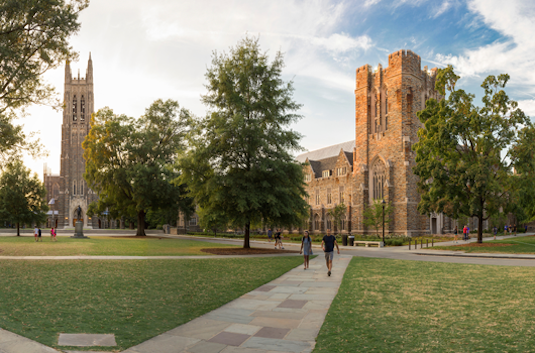Condensed Matter Seminar: "Understanding complex materials using nonequilibrium spectroscopy: What can theory tell us?"

A powerful method to study the interactions between electrons and bosons in
high-Tc superconductors is the measurement of the single-particle spectral
function. The recent development of time-resolved ARPES (tr-ARPES) has
allowed this measurement of be performed out of equilibrium, where the
material is driven by an ultrafast laser pump pulse. We have developed a
theoretical framework to complement to these experiments, and here we
report on several aspects of electron-boson coupling out of equilibrium.
First, we will illustrate how time-resolved spectroscopy can be used to
study the coupling between electrons and phonons observing the decay rate
of the transient signals as a function of energy, momentum, and time.
Second, we will focus on the return to equilibrium in
systems with multiple interaction types, and discuss the roles of different scattering processes.
In addition, I will present some aspects of non-equilibrium physics in BCS
superconductors based on a solution of the Nambu-Gor'kov equations within the Migdal-Eliashberg approximation. The temporal behavior
after a pump exhibits characteristic 2D oscillations, which we attribute to
the Higgs, or amplitude mode. Finally, motivated by recent
experiments, I will illustrate how superconductivity can be enhanced or
suppressed through non-linear phononics. By modifying the physical
parameters, we can model the driving of a lattice distortion, leading to an
enhanced Tc.






